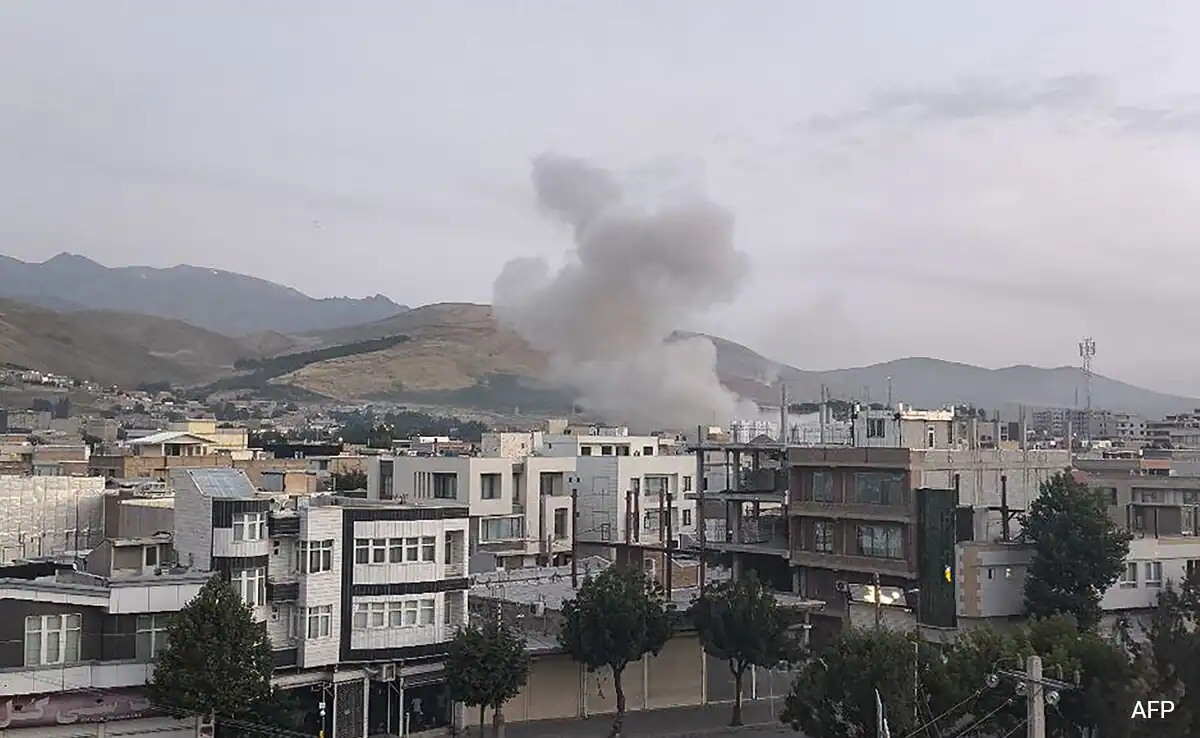Israel carried out what it called a “preemptive strike” against Iran on Thursday evening, marking a sharp escalation in regional tensions over Iran’s nuclear program. The Israeli military reported multiple explosions in Tehran. In response, Israel’s Defense Minister, Israel Katz, declared a nationwide state of emergency and warned citizens to prepare for possible missile and drone attacks on civilian areas.
Details of the Airstrikes
According to a senior Israeli political official, the strikes focused on the residences of high‑ranking Iranian political and military figures in Tehran. The official emphasized that the missions did not target civilians directly. Within minutes of the announcement, air raid sirens sounded in Tel Aviv, prompting residents to seek shelter as a precaution.
Diplomatic Efforts and Breakdown
The attack followed months of stalled talks between Washington and Tehran. Negotiations aimed to curb Iran’s uranium enrichment program faltered after Iran’s stockpile of uranium enriched to 60 percent purity exceeded 408 kilograms, bringing it closer to the 90 percent level needed for weapons‑grade material. Former President Donald Trump commented earlier in the day that an Israeli strike “could very well happen” but warned it might derail near‑final agreements. He spoke to reporters at the White House, calling for caution and urging both sides to keep dialogue open.
Meanwhile, The Wall Street Journal reported that Israeli leaders had set a deadline of Sunday for Iran to accept a U.S. proposal that would limit its nuclear activities. If Iran refused, the newspaper said, Israel would carry out strikes without further warning
U.S. Role and Warnings
U.S. officials quickly clarified that American forces did not take part in the operation. However, President Trump’s Middle East envoy, Steve Witkoff, warned Republican senators behind closed doors that Iran could retaliate by launching hundreds of ballistic missiles, which might overwhelm Israel’s defense systems and cause significant civilian harm.
On Thursday, Iran’s Defense Minister, Aziz Nasirzadeh, had threatened that “all U.S. bases are within our reach” if the conflict spread. This statement led the U.S. to evacuate non‑essential diplomatic staff from missions across the region.
Iran’s Nuclear Activity Accelerates
The attack coincided with a report from the International Atomic Energy Agency (IAEA) finding Iran in breach of its nuclear commitments for the first time in two decades. On the same day, Iran announced plans for a new enrichment facility and the installation of advanced centrifuges, moves that drew swift criticism from global watchdogs.
General Joseph Votel, former head of U.S. Central Command, told Fox News that Israel saw Iran’s recent moves as an opening to strike before its nuclear program grew further. He questioned, however, whether Israel could completely dismantle Iran’s nuclear capabilities without direct U.S. support.
Regional Stakes and Next Steps
The conflict has raised fears of a wider war in the Middle East. Neighboring countries have urged restraint to avoid broad conflict. The United Nations called for an emergency meeting, seeking a de‑escalation plan.
Israel’s announcement of a state of emergency reflects its view that Iran may launch swift counterattacks. Citizens in major cities are bracing for possible threats while authorities maintain heightened alerts on borders and key facilities.
As world leaders react, the coming days will test diplomatic channels and defense strategies. Observers will watch closely to see whether Iran retaliates directly or turns to proxy groups in the region for response. For now, Israel remains on high alert, and the international community awaits the next developments in this critical standoff.

